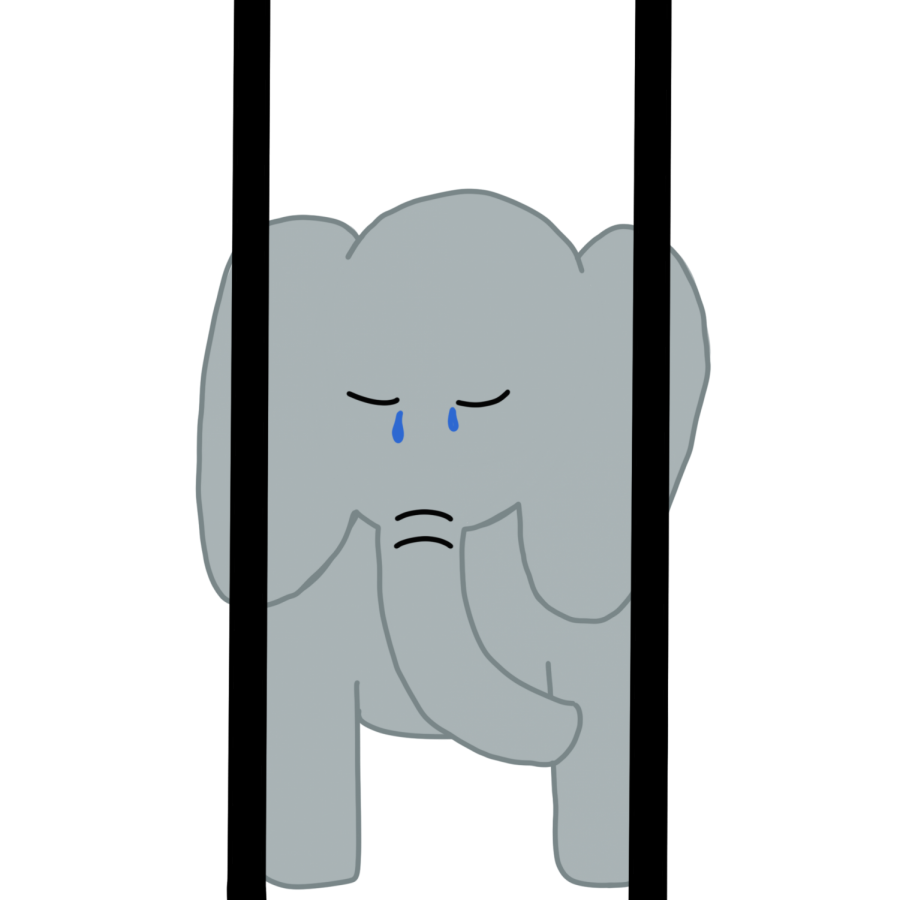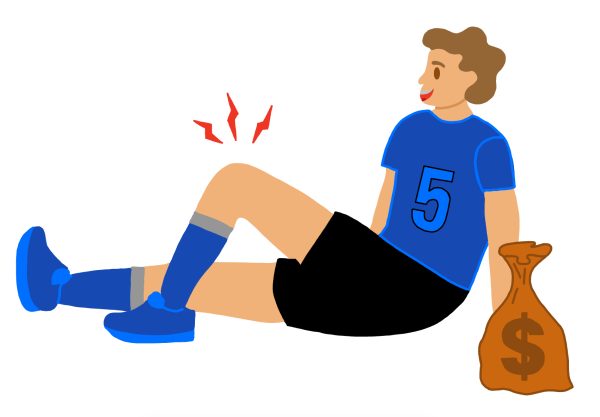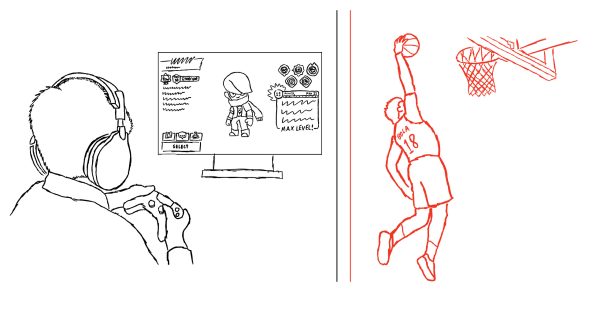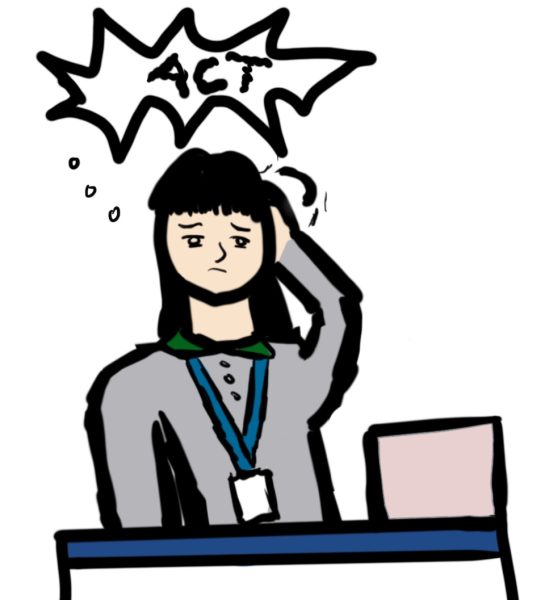Cruelty to creatures: unethicality in zoos lead to devastating outcomes
In zoos across the country, animals are held captive and put on display for the entertainment of the public. They sit in cages while they are gawked at by millions of people a year. While this may appear as a cute show for the viewers, there is cause for concern. Captivity can have serious psychological and physical effects on animals.
Examples of these effects can be seen through Gus the polar bear. Gus was born into captivity in the year 1985 in Toledo. He was transferred to the Central Park Zoo in 1988 where he quickly became known for his habit of swimming laps in his pool for hours on end each day. The public soon became concerned about Gus’s behavior. Gus was examined by an animal psychologist. The Atlantic shared a quote from Alisson Power, the spokeswoman for Central Park Zoo.
“It’s just a mild neurosis,” she said. Gus was given toys, games, and prozac as a treatment for his diagnosis.
Some people may be uncertain of Gus’s diagnosis. They may say he had other reasons for his incessant swimming that had nothing to do with being held in captivity. However, Gus was just one example of many animals who have snapped from the pressures of captivity. Another example is Tilikum, an orca whale that quickly turned on his trainer, dragging her underwater and killing her. Despite the nature of this attack, there was still doubt about the motive.
“I don’t buy the idea that confinement is what was responsible for Tilikum,” said Bernd Wursig, a professor of marine biology at Texas A&M University in an interview with TIME magazine. “I prefer to see animals in nature, but when they were born in captivity or have been in captivity so long, that socialization is the only one they know.”
While he makes a valid point, there is no evidence that suggests animals born in captivity are any less affected than animals brought into captivity.
All in all, animals held in captivity are impacted by their surroundings. Their upbringings can have serious consequences on not only their physical health but also their mental health.
Your donation will support the student journalists of Saint Viator High School. Your contribution will allow us to purchase equipment and cover our annual website hosting costs.








